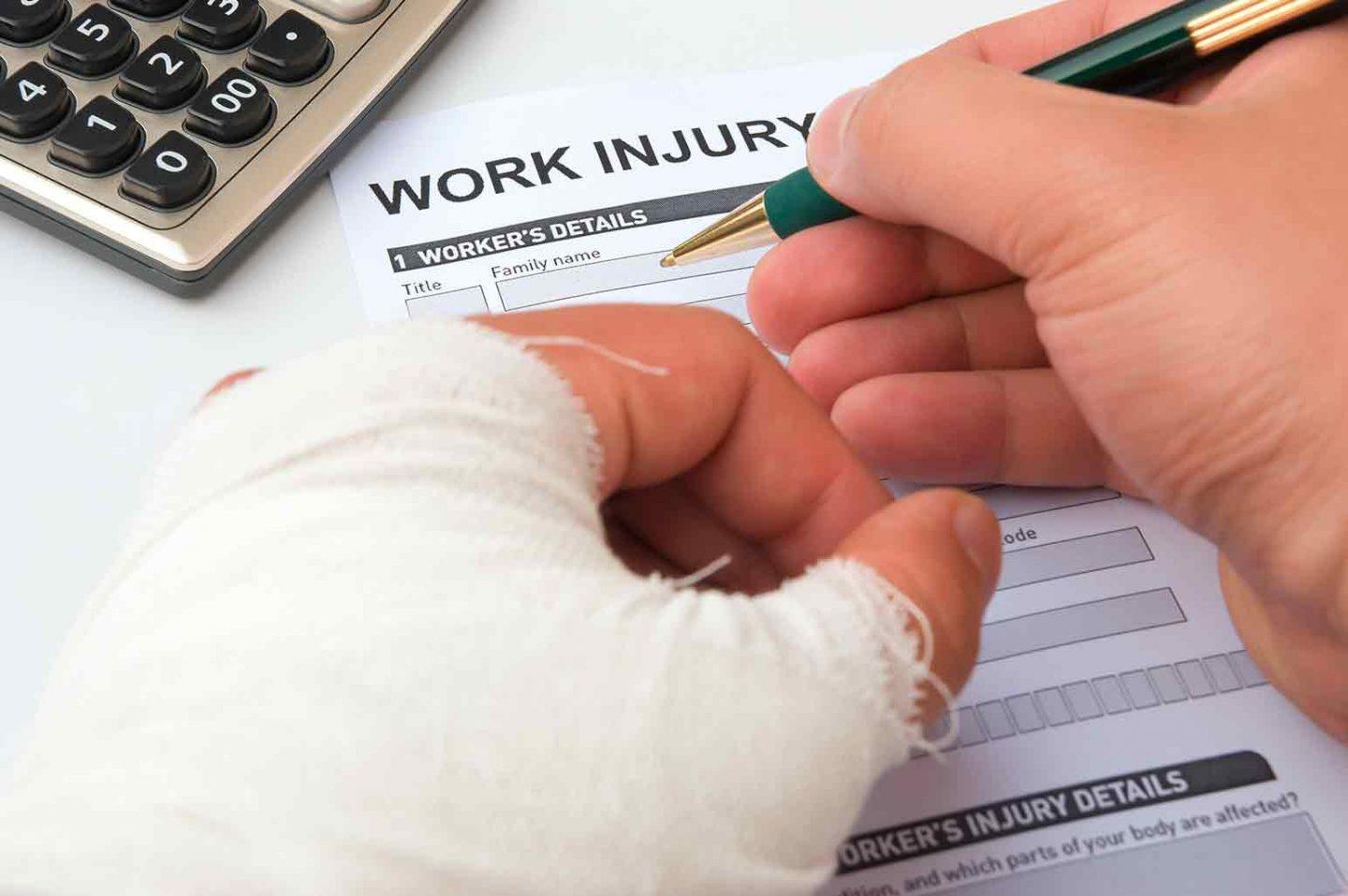No matter what you do for a living, the risk of injury at the workplace is always real. Every year, thousands of people get sick or injured at their places of work. They may experience severe conditions as a result of factors that they cannot control. If you are injured at work, there are a few essential things to do. Your actions right after the injury will determine your likelihood of getting compensation. You may be entitled to compensation depending on the specifics of your case. Here are a few tips for handling an injury at work.

- Report the Accident Immediately
In most states, your deadline for reporting an injury at work is short and strict. If you wait too long, workers’ compensation laws may not cover you. It is advised that you report to your supervisor as soon as you can. This step is important even if you don’t believe that you are injured.
Apart from increasing your chances of compensation, reporting injuries can help your employer implement safety measures to prevent future injuries. Your report can keep you and other employees safe in the future. It protects you in case you start experiencing symptoms weeks or months later.
- See a Doctor
Consult your doctor as soon after the accident as you can. Depending on the severity of the injury, you may need to go to the emergency room. Speak with your employer and find out if they recommend that you speak with any specific doctors. You may also have the option of picking your own doctor.
If you aren’t satisfied with the doctor that your employer suggests, let them know and visit a different doctor. Workers’ compensation laws allow you to get a second opinion. Depending on the nature of your injuries, seeking a second opinion may be necessary. Your health insurance may cover your visits to the doctor.
- Speak With an Attorney
Speak with your Indiana attorney right after seeing a doctor. They will give you the advice you need before proceeding with your claim. The team at Fort Wayne personal injury law firm suggests that you choose an experienced attorney. Ensure that they have dealt with personal injury cases in the past and that they understand your needs.
Most of them are happy to offer a free initial consultation. Use the consultation as an opportunity to learn more about them and make your decision. During the consultation, find out what benefits you can get from working with the attorney.

- Alcohol and Drug-Related Injuries Aren’t Entitled to Compensation
There are instances where you may not be entitled to compensation even if you were injured at work. If you were intoxicated at the time of the injury, you are responsible for your medical bills. Drugs impair your judgment and limit your ability to handle machinery. They increase your risk of getting injured. Injuries resulting from workplace fights may not be covered by workers’ compensation either.
- Document Everything
Keep records of everything if you can. The more notes you have, the better. Store them safely as you will probably need them after the accident. The following are some of the most important records to keep:
- The dates and times of the accident
- Healthcare visits
- Witnesses to the accident, if any
- The location of your accident
- Details of your meetings with the employer
- Workers’ compensation conversations and records
- Details of your discussion with the supervisor to whom you reported
Keep detailed notes of everything that happened lest your employer tries to claim that your injury wasn’t work-related. From the accident itself to interaction with your employer and medical documents, everything is essential. The more evidence you have, the stronger your case.
- Focus On Your Injury
This is obviously the most important thing to do after an accident. Even while you think of getting back to work or seeking compensation, you must focus on your injuries and wellbeing. All workplaces are expected to have first aid kits. Take advantage of yours before seeking outside medical help. The first aider in your workplace should be able to help you.
Even when your injuries seem to be minor, they can trigger lifelong problems. It is wise to visit healthcare professionals often and get a full assessment of your injuries. Prioritize your health over performance at work or compensation.
Falling victim to workplace injuries is stressful and confusing. Your injuries aside, you have to deal with the stresses of work, seeking medical care, and mental anguish. Luckily, there are a few ways to make your experience easier. They include: reporting to a supervisor, keeping records of everything, and seeking medical help. When in doubt, always seek the opinion of your attorney.
